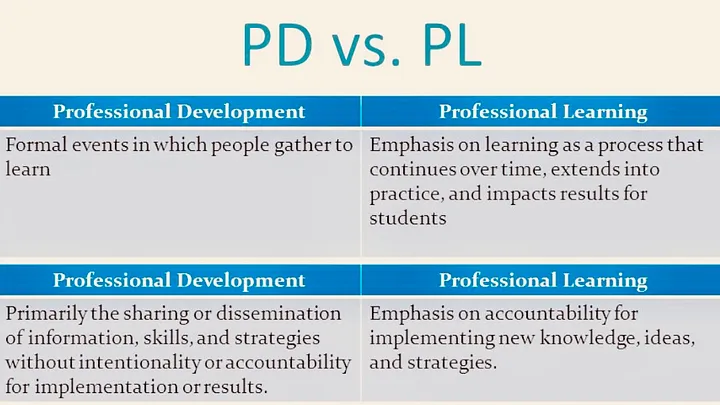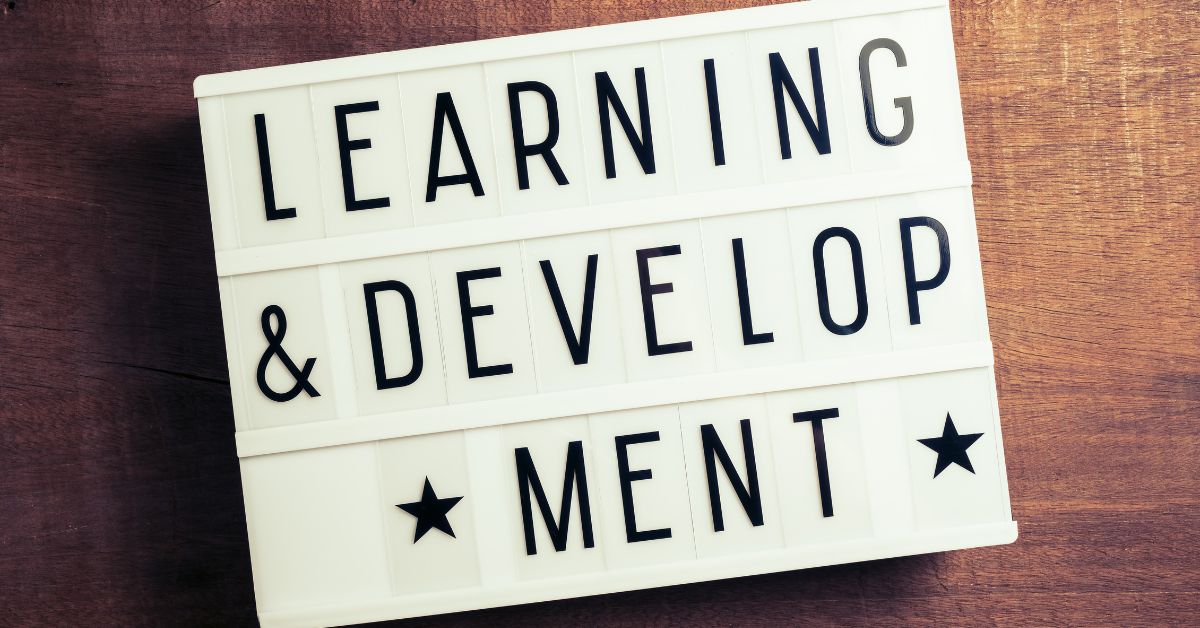
As a university lecturer and an education coach, my passion has always been to enhance the learning experience, both for myself and for my students. I am especially keen to explore the concept of ‘learning for life’. This led me to the concept of ‘professional learning’- fundamentally different in its approach and outcomes to the more common concept of ‘professional development’.
Professional development, as traditionally understood, refers to the training programs, workshops, or courses educators attend. Often, these are outside their routine environment and lean towards a one-size-fits-all structure. It’s akin to a teacher attending a workshop on a specific teaching strategy, without the luxury to ascertain its relevance to their classroom’s unique challenges.
On the other hand, professional learning encompasses a more holistic, continuous process wherein educators actively seek out knowledge and skills resonating with their and their students’ needs. Picture this: a teacher collaboratively engaging in a study group, discussing real classroom challenges, and co-creating strategies based on mutual experiences.
The difference is palpable; the former imposes external solutions, while the latter is an intrinsically motivated endeavour, arising from tangible classroom scenarios.

A 2015 report by Darling-Hammond et al., states that professional development is most effective when it’s content-focused, incorporates active learning, fosters collaboration, employs models of effective practices, and offers coaching or expert support. Remarkably, professional learning inherently embodies all these facets.
Consider an English teacher striving to enhance student engagement. They might attend a session on ‘Innovative Teaching Strategies’ under professional development, sifting through myriad techniques with only a few being pertinent. Contrast this with the same educator, under the aegis of professional learning, collaborating with peers to analyse student data, share experiences, and develop strategies.
The result? Strategies that are more contextual, actionable, and sustainable.
Three fundamental reasons for my inclination towards professional learning:
1. Its unparalleled relevance, tailored to the challenges educators confront.
2. The spirit of collaboration it invokes among educators l.
3. Its sustainability, fostering long-term growth and evolution.
But how do we, in higher education, embed this concept into our practice?
– Creating or joining Professional Learning Communities (PLCs) can facilitate collaboration, resource sharing, and collective problem-solving.
– Engaging in reflective practice and actively seeking feedback for improving strategies
– Leveraging technology can make professional learning asynchronous yet effective.
– Lastly, analysing the treasure trove of student performance data can sharpen and refine our strategies.
In essence, as the educational landscape evolves, leaning towards models like professional learning, which are rooted in practicality, is not just preferred – it’s imperative.

